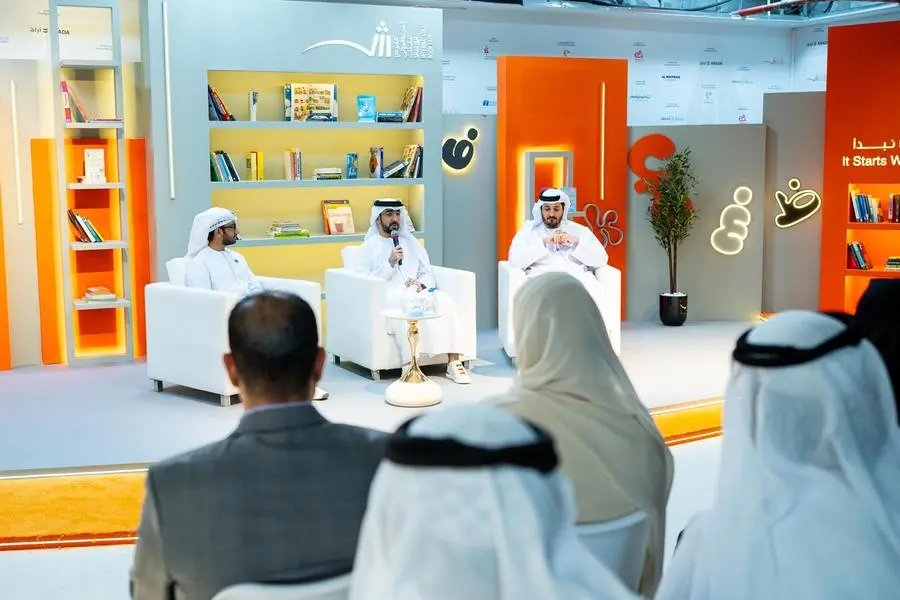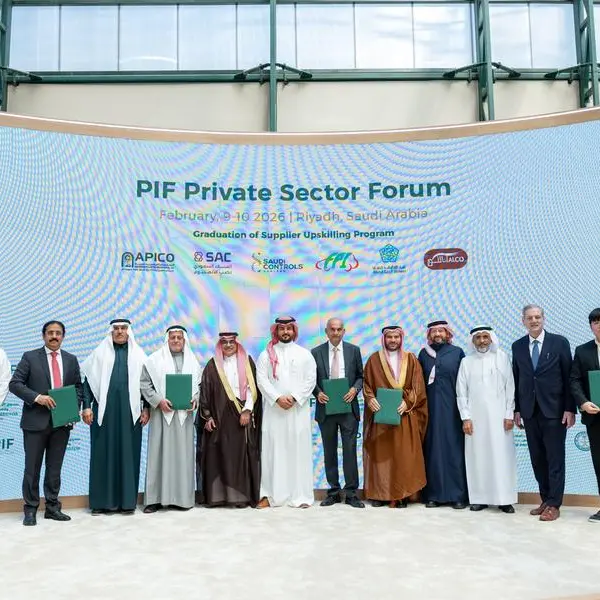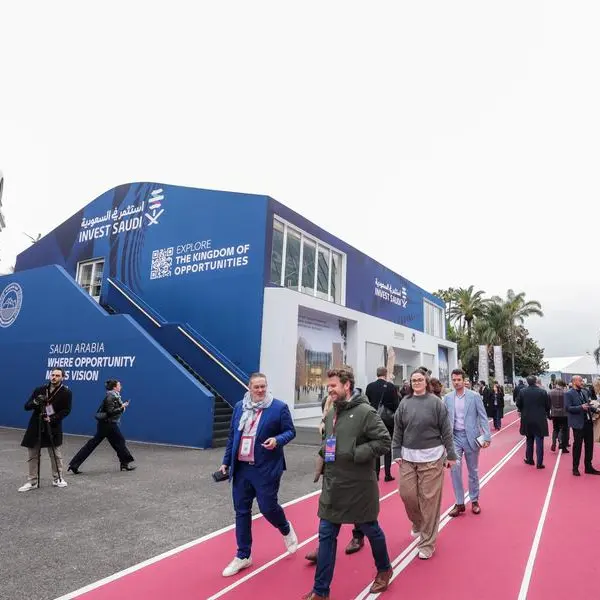PHOTO
Sharjah: TRENDS Research and Advisory, in collaboration with the Emirates Publishers Association, has launched a comprehensive study titled ‘The Impact of the Publishers Association on Supporting the Cultural Publishing Industry in the UAE and the Other GCC Countries.’ This study was presented during a panel discussion, ‘The Impact of the Emirates Publishers Association in Supporting the Cultural Publishing Movement,’ held at the Forum Hall during the 2024 Sharjah International Book Fair.
Moderated by Abdulla Al Khaja, a researcher at TRENDS, the discussion featured key speakers, including Rashid Al Kous, Executive Director of the Emirates Publishers Association, and Sultan Majed Al-Ali, Deputy Head of TRENDS Dubai Sector and Head of the Global Barometer Department.
Developing Thought and Knowledge
Dr Mohammed Abdullah Al-Ali, CEO of TRENDS, emphasised that the UAE’s publishing sector has emerged as a symbol of excellence and creativity and is pivotal in advancing thought and knowledge. He noted that the UAE has become a prime destination for authors and publishers worldwide, a success he attributes to a result of the leadership’s commitment to fostering a supportive environment for publishing, alongside continuous support for writers and creatives, positioning the UAE as a global hub for publishing and innovation.
He also highlighted the fruitful partnership between TRENDS and the Emirates Publishers Association, which led to the release of this important study that examines the role of the EPA in the UAE and GCC publishing sectors, exploring the challenges and opportunities shaping the industry’s future.
15 Key Recommendations
Dr. Al Ali revealed that the study put forward 15 key recommendations to strengthen the UAE’s publishing sector. Among the most notable suggestions were creating a government fund to provide financial support for local publishers, encouraging the transition to digital and electronic book publishing, integrating modern technologies and artificial intelligence into the publishing process, and establishing a state-of-the-art printing press with world-class specifications and subsidised pricing. This would not only support local publishers but also attract investment from both local and international entities.
Protecting Publishers’ Rights
Dr Al Ali also emphasised that the study called for improvements to the legal framework to better protect publishers’ rights and intellectual property, where, under the guidance of its leadership, the EPA can play a critical role. Additionally, the study highlighted the importance of developing partnerships between publishers and key cultural institutions to ensure high-quality translations of books and publications into various languages.
Dr. Al Ali concluded by noting that these findings highlight the substantial impact of the Emirates Publishers Association on the publishing and cultural landscape in the UAE, particularly in Sharjah.
Empowering Publishers
For his part, Rashid Al Kous, Executive Director of the Emirates Publishers Association, commended TRENDS Research and Advisory’s efforts to conduct this study with the highest standards and best practices, underscoring the significance of the study as a scientific tool to assess the current state of the UAE’s publishing industry and identify key strategies for its advancement. He explained that the study’s release is part of the EPA’s ongoing efforts to develop the sector and bring about a transformative shift in the UAE’s book industry.
Al Kous also reiterated that the association remains steadfast in its mission to empower Emirati publishers under the leadership of Her Highness Sheikha Bodour bint Sultan Al Qasimi, Founder and Honorary President of the EPA. He acknowledged Sheikha Bodour’s vital role in advancing the publishing industry locally and internationally, noting that her visionary leadership has driven numerous initiatives to support and grow the sector.
He added: “Sheikha Bodour has dedicated herself to supporting the publishing industry, not just within the UAE, but also on the global stage. Her influence is clear in the continuous development and stimulation of the UAE’s publishing industry through innovative initiatives. Guided by her vision, the association will continue to play an active role in tackling the publishing industry’s challenges, providing collaborative solutions to help develop the sector, and enabling publishers to achieve long-term sustainability and success in their work.”
A Regional and Global Publishing Hub
Al Kous emphasised that the report highlighted the increasing global interest in the UAE in recent years, driven by the country’s exceptional focus on organising book fairs and literary awards. These awards have served as a powerful incentive for both authors and publishers, significantly benefiting the local publishing industry. He added: “With these factors, coupled with the UAE’s strategic location and its thriving ecosystem for entrepreneurship and cultural vibrancy, the report concludes that the UAE possesses all the essential elements to become both a regional and global publishing hub.”
Local and International Efforts
Al Kous explained that the study emphasised the critical role played by the Emirates Publishers Association in strengthening the publishing sector in the UAE, achieved by fostering a shared vision among all stakeholders in the industry. The study also highlighted the importance of creating a supportive and attractive environment for both local and international investors in the publishing and authoring sectors by enhancing the UAE’s legal framework on intellectual property rights and protecting publishers’ rights.
Moreover, the study underscored the significance of strengthening collaboration among publishers and developing their professional skills. It also spotlighted the association’s international efforts to bolster the global presence of Emirati publishers, particularly through active participation in cultural events and international book fairs. This engagement has opened new avenues for enriching the UAE’s publishing, translation, and distribution landscapes, significantly enhancing Emirati culture and literature on global platforms. As a result, the production of bestselling Arabic books in the UAE has increased by 11%.
Three Key Sections
Sultan Majed Al-Ali explained that the study is structured into three key sections. The first section explores the role of the Emirates Publishers Association in the development of the UAE publishing industry, the second section presents the findings of a survey on the association’s impact in supporting the cultural publishing movement in the UAE., and the third section offers a series of recommendations and suggestions aimed at advancing the publishing industry in the country.
He stressed that the study was conducted with the highest level of professionalism and standards to evaluate the impact of the Emirates Publishers Association’s work and achievements on publishers, distributors, and authors. The results of the survey were instrumental in shaping the association’s future direction, ensuring it meets the evolving needs of the publishing industry. He noted that the survey found that 81% of the owners and managers of publishing houses in the UAE are fully aware of the Emirates Publishers Association and its mission.
80% Satisfaction Level
Sultan Majed Al-Ali also reported that the satisfaction level among publishing-house owners and managers regarding the initiatives and programmes implemented by the association to achieve its mission and goals reached 80%. When asked about their use of the EPA’s services and resources, 68% of respondents confirmed they had benefited from them. Additionally, 65% of respondents believed the association had contributed to the growth and development of the publishing environment, and over two-thirds (72%) stated that the association effectively represents the interests of publishers, distributors, and authors.
Supporting Publishers and Distributors
Finally, Sultan Majed Al-Ali pointed out that when respondents were asked about the areas and issues the Emirates Publishers Association should prioritise in the future to enhance support for publishers, distributors, and authors, 49% indicated a need to focus on improving distribution and retail systems. Over a quarter of participants (28%) emphasised the importance of diversifying and enhancing Arabic content, while nearly a third (18%) suggested that the focus should be on further developing the legal framework.




















